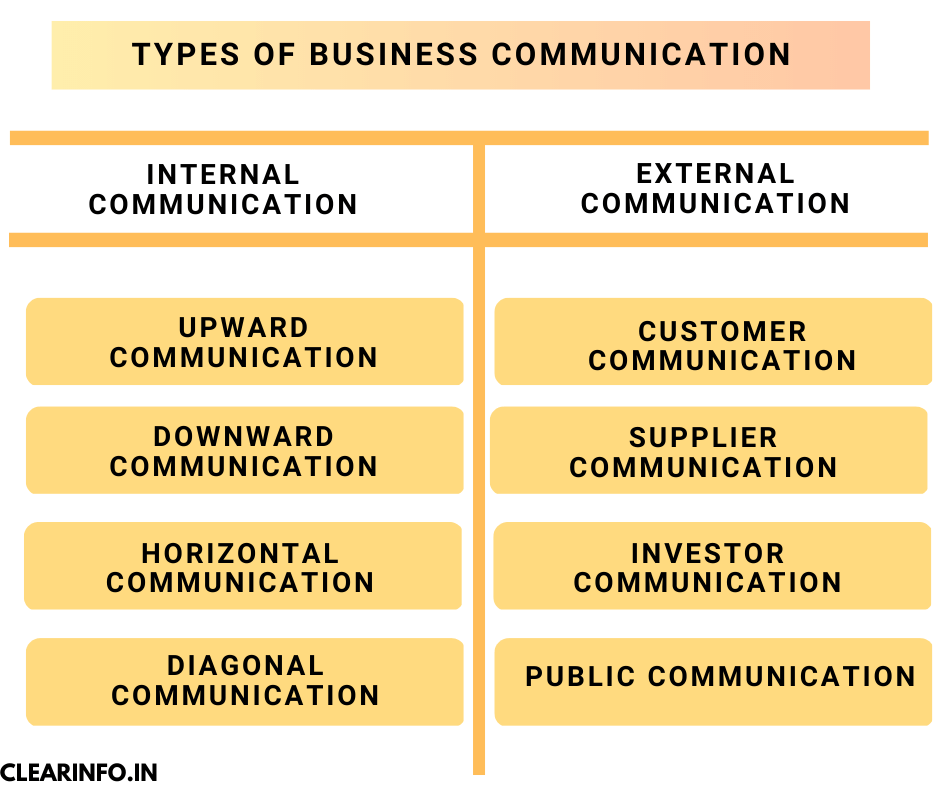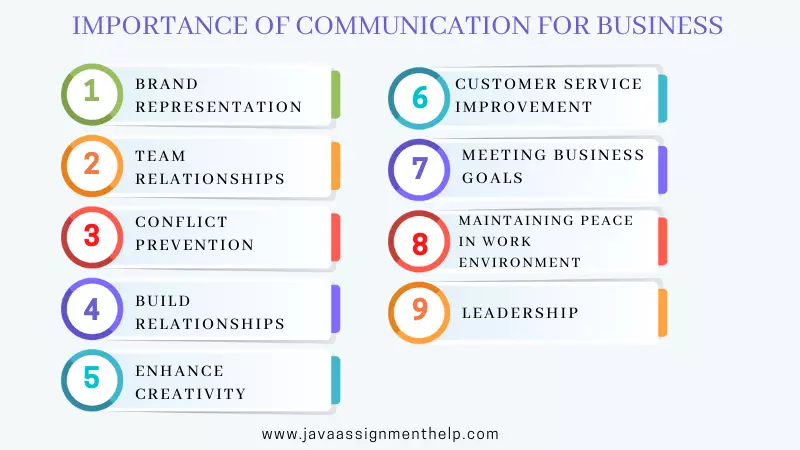Importance Of Communication In Business

In today's interconnected and rapidly evolving business landscape, effective communication has emerged as a critical determinant of success, impacting everything from internal team dynamics to external stakeholder relations.
This article explores the multifaceted importance of communication in business, examining how it fosters collaboration, enhances productivity, builds trust, and ultimately drives profitability. Without effective communication, even the most innovative business strategies can fall flat.
The Foundation of Collaboration and Teamwork
Effective communication serves as the bedrock of successful teamwork. When team members can clearly articulate their ideas, actively listen to their colleagues, and provide constructive feedback, the entire team benefits.
The Project Management Institute (PMI), in its 2020 report "Power Skills: Building a Bridge to the Future," highlighted that communication is a crucial “power skill” for project managers, influencing project success rates.
Boosting Productivity and Efficiency
Clear and concise communication minimizes misunderstandings, reduces errors, and streamlines workflows. When instructions are ambiguous or information is withheld, employees waste valuable time seeking clarification, correcting mistakes, and duplicating efforts.
Studies by McKinsey & Company have shown that improved communication and collaboration can boost productivity by as much as 20-25%. Implementing clear communication protocols, such as regular team meetings, transparent reporting structures, and accessible knowledge bases, can significantly enhance operational efficiency.
Building Trust and Strong Relationships
Open and honest communication is essential for building trust with employees, customers, and other stakeholders. Transparency in business dealings fosters a sense of security and confidence, encouraging long-term loyalty and positive relationships.
A survey by Edelman, a global communications firm, consistently reveals that trust is a key driver of consumer behavior and business success. Companies that prioritize clear and honest communication are more likely to build and maintain strong reputations.
Navigating Crisis and Change
During times of crisis or organizational change, effective communication becomes even more crucial. Leaders must communicate clearly and empathetically to reassure employees, address concerns, and maintain morale.
Failure to communicate effectively during challenging times can lead to widespread anxiety, decreased productivity, and even employee attrition. The Institute for Public Relations (IPR) provides resources and best practices for crisis communication, emphasizing the importance of transparency, timeliness, and consistency.
The Role of Technology in Business Communication
Technological advancements have revolutionized the way businesses communicate, offering a wide range of tools and platforms for internal and external communication. Email, instant messaging, video conferencing, and social media have become integral parts of the business communication landscape.
However, the proliferation of communication channels also presents challenges. Businesses must develop clear guidelines for using these tools effectively, ensuring that communication remains focused, professional, and secure.
According to a report by Statista, the number of email users worldwide is projected to reach 4.9 billion by 2027, highlighting the continued importance of email as a primary communication tool. Companies need to prioritize email etiquette and security to maintain professionalism.
The Human Element of Communication
While technology plays a significant role in business communication, the human element remains crucial. Active listening, empathy, and nonverbal cues are essential for building rapport and understanding the needs and perspectives of others.
Harvard Business Review consistently emphasizes the importance of emotional intelligence in leadership and communication. Leaders who can effectively manage their own emotions and understand the emotions of others are better equipped to build strong relationships and foster a positive work environment.
Conclusion
In conclusion, effective communication is not merely a desirable skill in business; it is an essential ingredient for success. By fostering collaboration, enhancing productivity, building trust, and enabling effective crisis management, communication empowers businesses to thrive in a competitive and dynamic environment.
Organizations that prioritize communication and invest in developing the communication skills of their employees will be well-positioned to achieve their goals and build lasting relationships with their stakeholders.


















